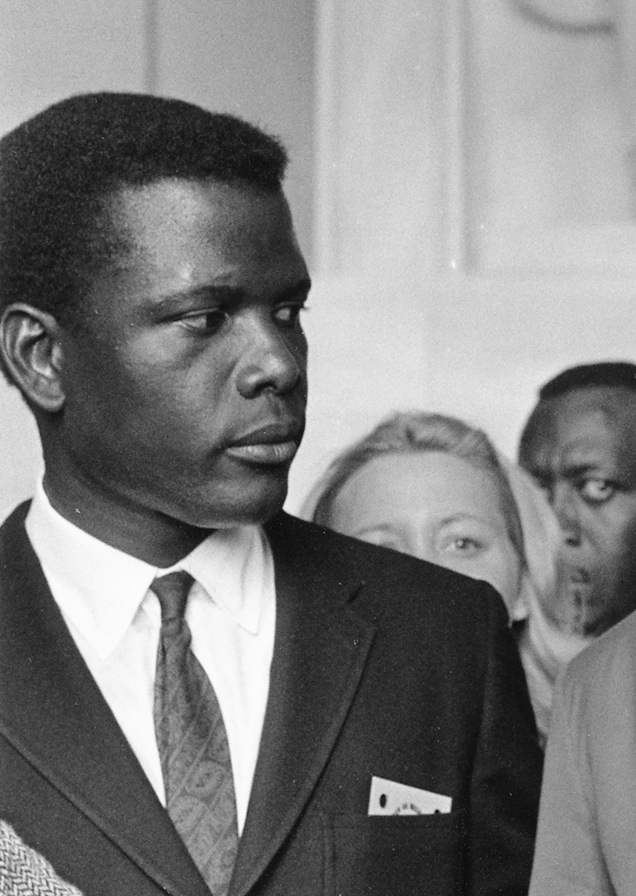Originál: (en) It was a land unspoiled by capitalism. We lived off the land - wore cloth sacks. It was the pre-industrial age.
Zdroj: [Wazir, Burhan, The leading man, theguardian, 2000-10-208, 2018-06-05, https://www.theguardian.com/film/2000/oct/08/features.burhanwazir]
Sidney Poitier citáty a výroky
Sidney Poitier: Citáty anglicky
“A person doesn't have to change who he is to become better.”
Zdroj: The Measure of a Man: A Spiritual Autobiography
Zdroj: The Measure of a Man: A Spiritual Autobiography
“The older we get the less afraid we are.”
From an print interview with AARP The Magazine (September/October 2008)
"Oprah Talks to Sidney Poitier", http://www.oprah.com/omagazine/Oprah-Interviews-Sidney-Poitier/1 O Magazine, October 2000
"Oprah Talks to Sidney Poitier", http://www.oprah.com/omagazine/Oprah-Interviews-Sidney-Poitier/1 O Magazine, October 2000
Zdroj: Life Beyond Measure (2008), twenty-third letter — The World I Leave You, p. 273
Varianta: I’ve learned that I must find positive outlets for anger or it will destroy me. There is a certain anger; it reaches such intensity that to express it fully would require homicidal rage — self-destructive, destroy-the-world rage — and its flame burns because the world is so unjust. I have to try to find a way to channel that anger to the positive, and the highest positive is forgiveness.
Zdroj: The Measure of a Man (2000)
